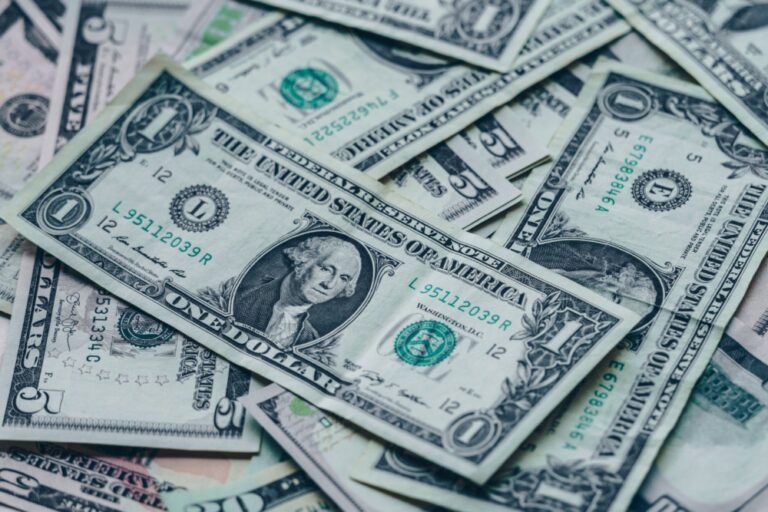
If you believe it is time to file for bankruptcy, you are most likely very worried. However, you do not have to be. For many people, Chapter 13 Bankruptcy provides a sigh of relief, allowing people to restructure their debt and catch up on their mortgage or automobile payments by creating a “Plan.” This plan is usually carried out within 3-5 years. If your family has assets, value to your home, or earn above the average family income for the county in which you live, there is a good chance you will qualify for Chapter 13 Bankruptcy. If this sounds appealing to you, here are some of the questions you may have:
What assets will Chapter 13 Bankruptcy allow me to keep?
Under a Chapter 13 Plan, debtors repay their unsecured creditors only what they can afford based on their income and expenses. This debt includes credit cards, medical bills, personal loans, or debts owed on old car loans. Once a Chapter 13 Plan is completed, all remaining debt is discharged. As long as you have a regular income which is greater than your reasonable living expenses and have less than $360,000 in unsecured debts and no more than $1,310,000 in secured debts, you should qualify for Chapter 13 Bankruptcy.
One of the most important things about a Chapter 13 Bankruptcy is that as soon as you file for a Chapter 13 Bankruptcy, the Bankruptcy Court imposes an injunction on all your creditors called the “automatic stay.” This allows you to keep your home, as well as prohibits creditors from all collection activities, such as wage garnishments, foreclosures, and repossessions. Many individuals are also thrilled to learn they can keep their pensions, IRA’s and retirement accounts after filing for Chapter 13 Bankruptcy as well. Additionally, since you are now paying your creditors under a Chapter 13 Plan, you may also keep unlimited funds in your bank account after filing. Lastly, once a Chapter 13 Bankruptcy Petition is filed, the IRS must cease all collection actions.
Which debts will I still have to pay after filing for Chapter 13 Bankruptcy?
Unfortunately, filing for Chapter 13 Bankruptcy does not protect you from every single debt you may owe. For example, you are not exempt from paying recent income taxes, child support, alimony, student loans, compensation ordered by a Criminal Court, civil judgments for injuries due to intentional torts or driving while intoxicated, and any debts incurred by fraud. If Chapter 13 Bankruptcy sounds like it may help you attain the relief and financial security you and your family need, do not hesitate to contact one of our experienced bankruptcy attorneys.
Contact our experienced New York firm
If you require the services of an experienced Business Law or Bankruptcy attorney, contact the Law Offices of Allen A. Kolber, Esq.today to schedule a consultation and discuss your options.






